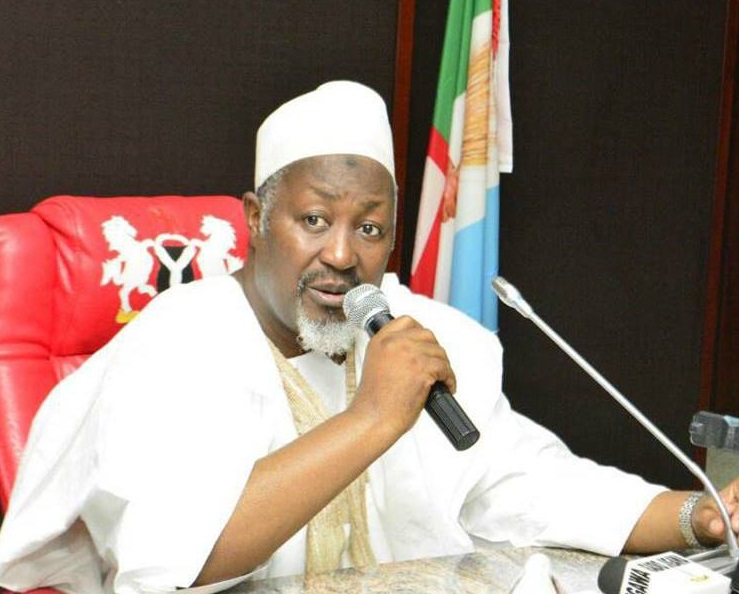ECONOMY
Badaru assents to 2021 budget of N156.58bn

Gov. Muhammad Badaru of Jigawa on Tuesday assented to the 2021 state’s appropriation bill of N156.58 billion.
The budget was tagged “Budget of Sustained Economic Growth and Social Transformation —Meeting the Next Level Agenda II”.
Badaru, while signing the budget into Law in Dutse, thanked the state legislature for speedy passage of the bill.
The governor gave the assurance that his administration’s would implement the budget efficiently and effectively from January 2021 to December 2021.
Earlier, while presenting the approved appropriation bill to the governor, the Speaker of the state assembly, Hon. Idris Garba, said the bill went through all the legislative processes before being approved.
He appreciated his colleagues for fulfilling their constitutional responsibilities during the processes, saying they did it in the interest of the people of the state.
Garba urged the state government to implement the budget for the benefit of all residents.
Our correspondent reports that the appropriation bill was presented to the assembly on Nov. 4 by Badaru.
It was reported that Badaru had in the 2021 Appropriation Bill sought the consideration of the House to appropriate the sum of N156.58 billion for the services of the State Government during the period of Jan. 1 to Dec. 31, 2021, among others.
Of the figures, N78.346 billion was earmarked for recurrent expenditures, including provisions for contingency and stabilization funds, while N78.241 was for capital investments.
Badaru had also said that the 2021 budget was higher than the 2020 Original and Revised Budgets by 2.4 per cent and 29 per cent.
“Based on the aggregated proposed revenue and expenditure estimates, the 2021 Appropriation Bill is seeking the consideration of the Honorable House to appropriate the sum of 156.580 billion for the services of the Jigawa State Government during the period of January 1 to December 31, 2021.
“This is higher than the 2020 Original and Revised Budgets by 2.4 per cent and 29 per cent respectively.
“With a difference of only about 0.1 per cent, the recurrent to capital expenditure ratio is almost exactly 50:50,” he said.




 Davido's Net Worth & Lifestyle
Davido's Net Worth & Lifestyle 
